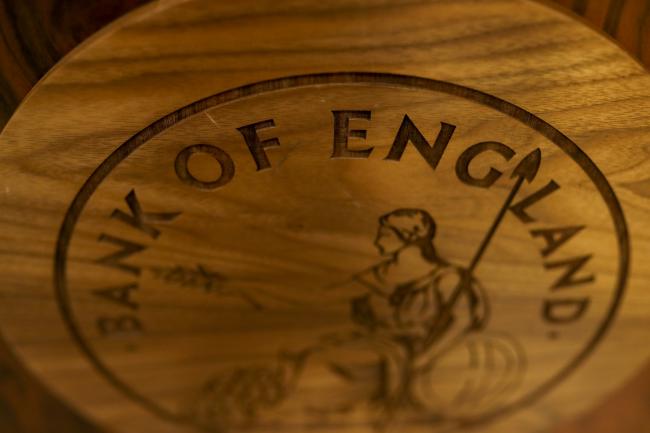(Bloomberg) -- Follow @Brexit, sign up to our Brexit Bulletin, and tell us your Brexit story.
A no-deal Brexit looks “increasingly inevitable” with the U.K. entering a shallow recession next year, according to economists at Barclays (LON:BARC) Plc.
Even if lawmakers manage to extend the process beyond Oct. 31, a departure from the European Union without any agreement in place is now the bank’s base-case scenario, Fabrice Montagne and Christian Keller wrote in an emailed note dated Tuesday.
Disruption to the economy will likely be gradual at first, but a drop in the pound as low as $1.09 would fuel inflation, causing a slowdown to take hold within months, they said.
That scenario would see the Bank of England cut interest rates by 50 basis points by mid-2020 and the government bring forward fiscal spending plans. So far, BOE officials have said that their policy response could move rates in either direction, although several have said a reduction is more likely.
“Delivering Brexit without an extension beyond Oct. 31 is seen by the prime minister as a political imperative in order to prevent a breakup of the Conservative Party and pave the way for its future electoral victory,” the Barclays economists wrote. “Economic risks are being downplayed while the benefits of mitigating contingency spending and easing are being emphasized.”
Risks to their forecast are that a deeper recession could take hold if the disruption and hit to confidence prove more severe than expected, they said. Their alternative scenario is an orderly withdrawal under a deal similar to the one previously agreed with the EU but rejected by Parliament.
In that case, growth would firm due to reduced uncertainty and the BOE would most likely have to hike “a few times over the next few years.”
